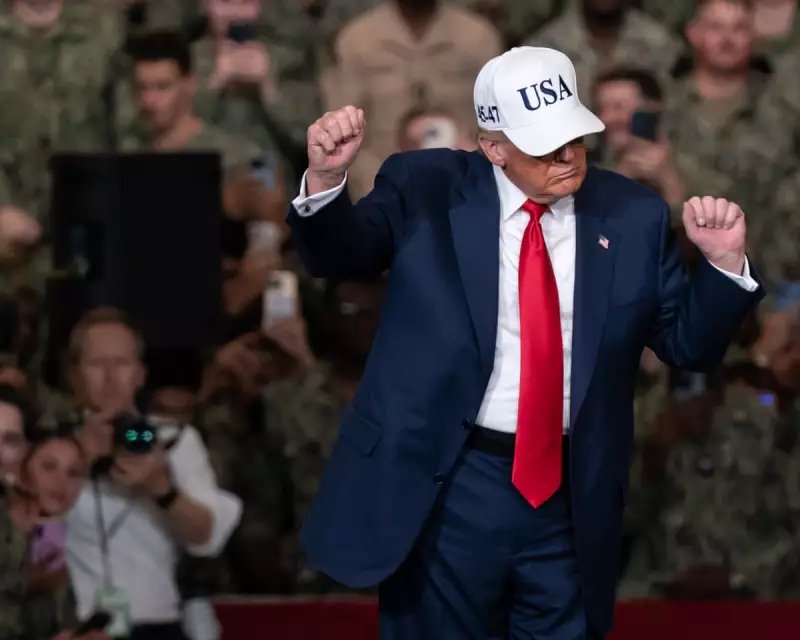
The political landscape in the United States is bracing for what could become the most significant constitutional confrontation in modern history. With Donald Trump now officially securing the Republican presidential nomination, whispers have grown into alarming conversations about his potential pursuit of an unprecedented third term.
The Constitutional Barrier
At the heart of this brewing storm lies the 22nd Amendment to the US Constitution, which explicitly states that "no person shall be elected to the office of the President more than twice." This provision, ratified in 1951, was designed specifically to prevent the emergence of presidential tenure resembling monarchy.
Yet Trump and his inner circle have reportedly been exploring legal theories that could challenge this fundamental pillar of American democracy. Some allies have suggested interpreting the amendment in ways that would allow Trump to run again, despite his previous two terms in office.
A Dangerous Precedent
Legal scholars and constitutional experts are sounding the alarm about the potential consequences of such a challenge. The very foundation of American democratic tradition—the peaceful transfer of power and respect for constitutional limits—could face unprecedented strain.
What makes this scenario particularly concerning is the timing. The discussion emerges as Trump continues to dominate the Republican political landscape, with many party members either supporting or remaining silent on the third-term speculation.
Historical Context and Contemporary Fears
Throughout American history, presidents have respected the two-term tradition even before it became constitutional law. Franklin D. Roosevelt's four terms prompted the amendment's creation, but no serious attempt to circumvent it has occurred until now.
Current developments suggest that Trump's team might employ several strategies:
- Challenging the amendment's interpretation in courts
- Arguing that his first term was "interrupted" or incomplete
- Mobilizing political pressure to normalize the concept
The Implications for Democracy
Beyond the legal arguments lies a more profound question: what does this mean for the future of American democracy? If successful, such a move would establish a precedent that could permanently alter the balance of power in the United States.
Constitutional experts warn that the damage would extend beyond Trump's potential presidency. The normalization of challenging fundamental democratic safeguards could inspire future leaders to test other constitutional boundaries, potentially transforming the American political system beyond recognition.
As the 2024 election approaches, the world watches to see whether the United States will face not just a political battle, but a constitutional crisis that could redefine the very nature of its democracy for generations to come.





